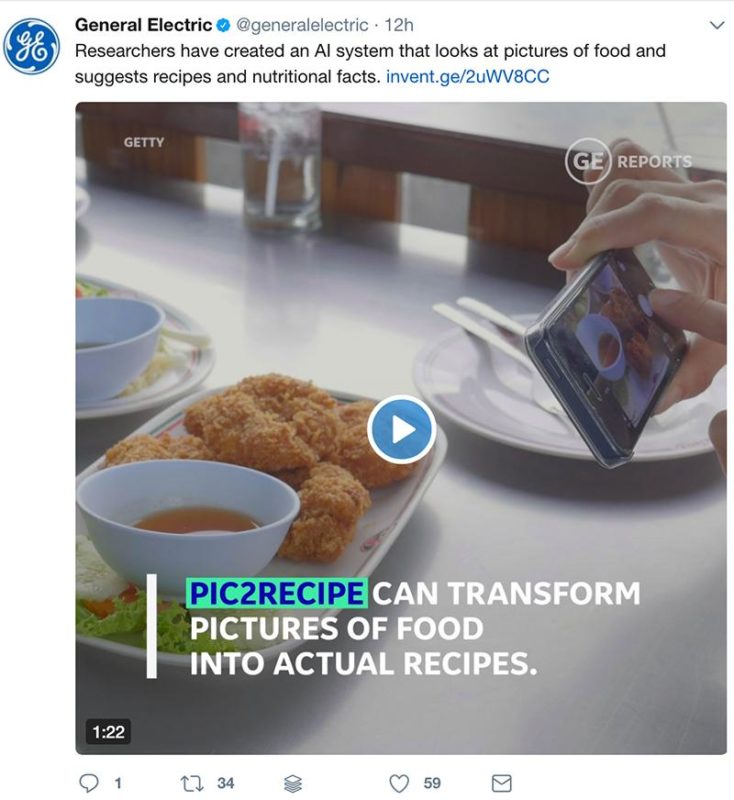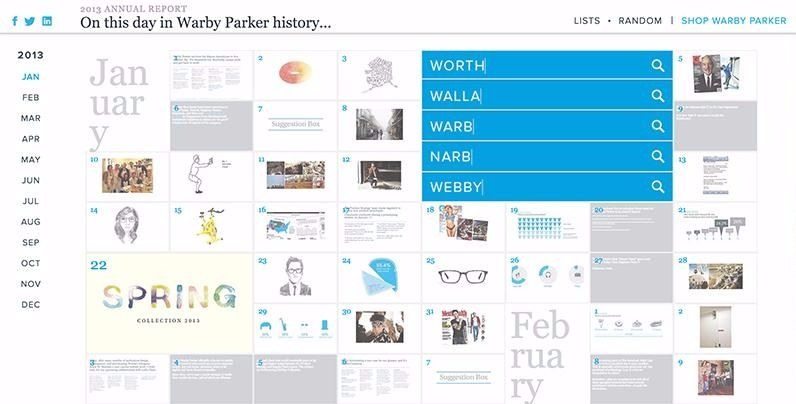Develop Your Origin Story
Episode #1 of the course How to quickly build your online authority by Vinay Koshy
When Dan Norris, cofounder of WP Curve and author of The 7 Day Start Up, sold his web design business, he also gave away his entire audience. So, how did he go from no audience to creating WP Curve and selling it to GoDaddy in the span of a few years?
By building his online authority. To build this authority, he needed to build an audience of people who would see his content and trust him enough to act on it.
Today, we’ll talk about a foundational element to building your online authority: your origin story. Something that Dan shared over time as his online authority grew.
It’s hard to get people to associate credibility and authority when they don’t know about you and you don’t give them a big enough reason to.
When people don’t know you or your business or where you come from, it makes it very hard for you to show up with presence or authority. You’re a shadowy unknown instead of a human being.
That’s why it’s important to share your origin story. Because they reveal character.
Consider this: Superman became a good guy because his earthly parents, the Kents, raised him to fight evil. Steve Jobs became a world-renowned and trusted CEO in part because he was able to keep bouncing back from failure.
A compelling origin story gives your audience a way to connect with you and view your business as a living, breathing entity run by real people offering real value.
So, how do you pull origin stories out of your organization and tell them in a way that relates to your customer?
Let’s start with a few characteristics of a compelling story:
It’s true. Your marketing content should feature real people in real situations, experiencing genuine emotions and facts.
It has an impact. Even if your business sells to other businesses, you can focus on how your products or services specifically impact the lives of people. Take, for example, this tweet by GE that shows the impact that one of their technologies can have on people’s lives.

It is unique. Your origin story should offer a unique perspective around the solution.
To develop your origin story, consider the following questions:
• What is unique about your business?
• How did your business come about? What led the founder(s) to take the plunge?
• What problem is your business trying to solve?
• What “aha” moments have you experienced since the start of the business?
• How has your business evolved?
• What about your business do other people think is cool?
Warby Parker, for example, put together an annual report that tells a story with a calendar, recognizing a significant event during each 24-hour period. Essentially, it tells a story of the company’s culture, people, customers, and values.

It worked well because, instead of just highlighting the best bits, they shared their story in an original, relatable way. According to AdAge, Warby Parker experienced record sales days on the release of its first such annual report.
Consider this: How many annual reports do you know of actually drive sales?
Next time, we’ll explore how you can identify with your target audience in way that creates connection and engagement.
See you then,
Vinay
Recommended book
Share with friends

